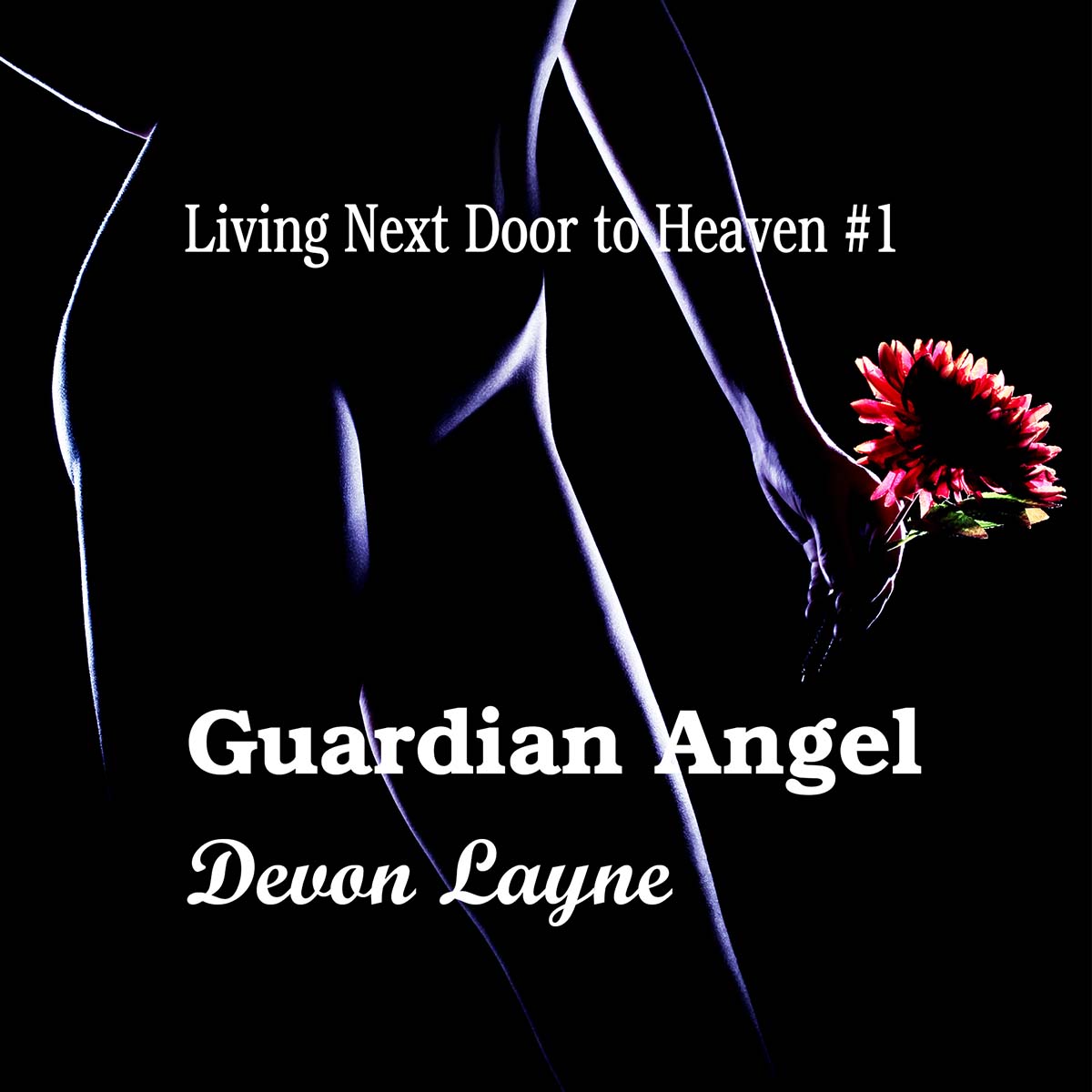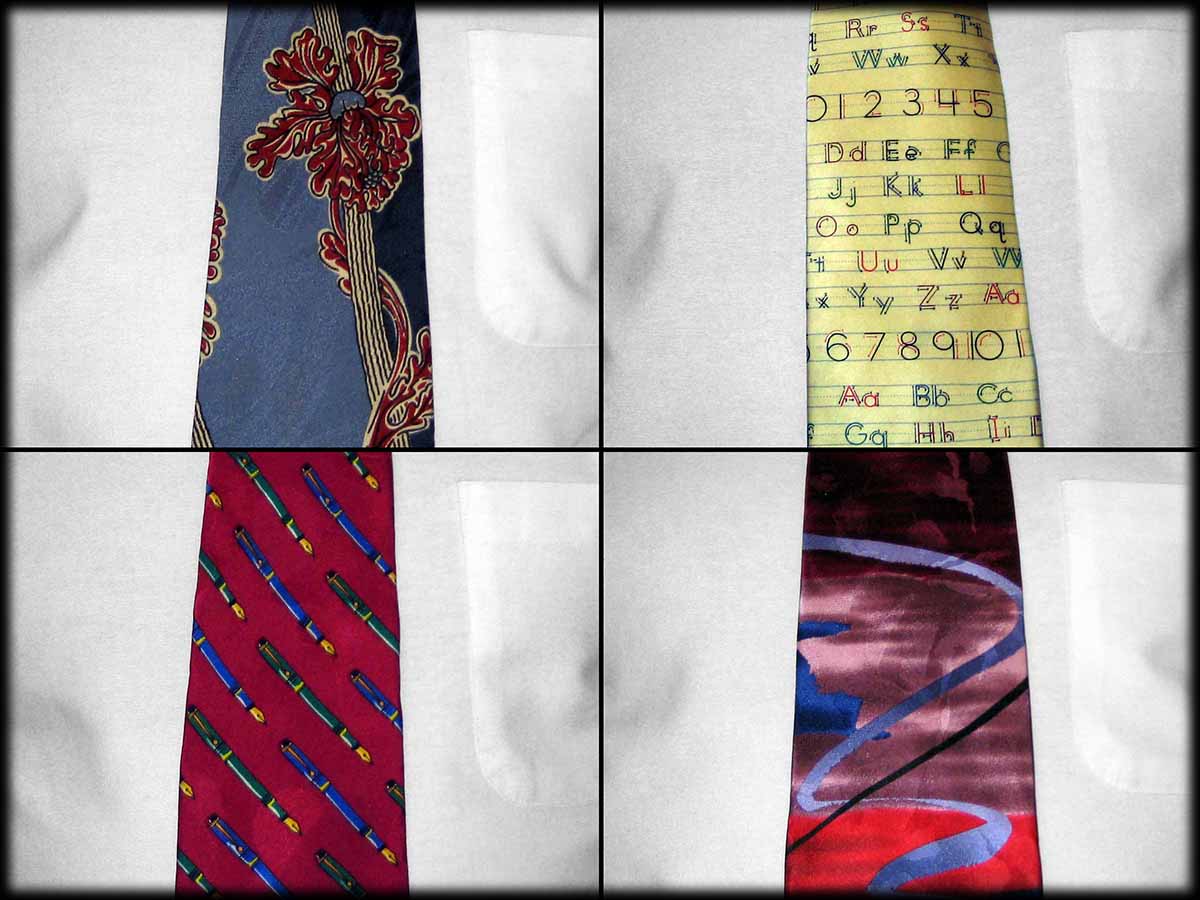4/27/25
Metrosexuals
This is number 109 in the blog series, “My Life in Erotica.” I encourage you to join my Patreon community to support my writing.

IT WAS BACK IN 1995 that I was first referred to (to my face) as a metrosexual. We didn’t have the benefit of online urban dictionaries yet, so I had to go to several hip friends to find out what the hell the term meant.
Turns out, it was a term coined by Mark Simpson in the British tabloid The Independent in November of 1994. Apparently, I was one of the first! By definition, it referred to a man who took care of himself. He had disposable income and spent a share of it on good grooming, exercise, and clothing.
It was true. I was a trainer and design consultant. I traveled around the country delivering lectures and workshops on publication design, production software, and color theory. My clients included major publishers, specialty design companies, and technology companies. I was on the road a lot. It was important for me to present a good image in front of my classes and clients.
I’d come a long way since the early 80s. I remember getting a new job as an executive assistant to the owner of a major real estate franchiser. When he found out I didn’t own a suit—I’d spent the past few years eking out a living in theatre—he immediately advanced me $200 and told me to come to work Monday dressed appropriately for the office.
I’m not sure he had in mind the brown herringbone wool suit I showed up in, but it was uniquely my style and he came to appreciate it. And the corporate gold jacket we were required to wear to official events went well with the suit pants.
Personally, I was in heaven. When I was growing up, my parents were the epitome of blue collar workers. Dad worked on the assembly line at Studebaker—when they weren’t either laid off or on strike. My daughter and ex-wife still wear a couple of his work shirts when they are painting, gardening, or engaged in a deep cleaning of the house, car, or garage. We lived hand-to-mouth, often on government surplus or unlabeled cans of Campbell’s soup my aunt picked up at the factory in Chicago.
In my mind, all the people who had nice homes (without six to ten broken-down cars in the yard) and cool stuff (boats, toys, 10-speed bicycles) worked in offices and wore suits to work each day. I vowed that one day I would be one of those people. My new job put me in their ranks.

As much as I set my mind to blanking out all memories of my unpleasant childhood, when I began writing the Living Next Door to Heaven series with Guardian Angel, I resurrected an idealized version of my childhood and neighborhood in Indiana. Nonetheless, some of the reality seeped into the story.
I remember the bullies, the rich kids, the church, and growing up in poverty. I remembered getting a ghastly paper route so I could earn enough money to have some things I could call my own: a radio, a trip to the dude ranch, breakfast when I got to school. In real life, none of that was mitigated by having multiple girlfriends, though a key incident in the story occurred between me and the ‘girl next door’ at a neighborhood beach party. That was just before she graduated and I moved away.
I first set my eyes on becoming a minister because that seemed to be a way to get respect in the neighborhood. The church provided a nice home for the minister. The minister always drove a nice car. The minister didn’t usually wear a tie, but he had a uniform with a clerical collar that was pretty cool. And there was lots of time to study and prepare speeches, which I dearly loved.
I served as a minister for five years, at which time my wife and I went to grad school to follow our passion for theatre. I’d discovered that I was a pretty fine preacher, but a lousy minister. From there, I spent my life in jeans and T-shirts, building scenery and props.
Until I got that job at the real estate franchiser. Then I started wearing suits. Just like Brian, who started out in poverty on a Northern Indiana back road, became a television personality and always dressed nicely or not at all.
Guardian Angel and the entire Living Next Door to Heaven series (10 books) are available individually or as an eBook collection on Bookapy.

Rush forward a few years. In 2000, one of my co-workers asked for my ‘sartorial advice.’ I discovered that meant he considered me a clothes horse. When I went to work at Microsoft, I continued wearing suits or jackets and ties. I could go a month or more without repeating a tie.
At a division social hour, the vice president of the division came up to me and threatened to cut off my tie—actually calling for a pair of scissors. I explained to him that it was a $75 raw silk tie and if he had cash, I wouldn’t balk at him cutting it. He asked why I dressed in a suit. I answered that if he wanted me to work on a farm, I’d dress like a farmer. I glanced at his ‘work clothes.’

So, dressing nicely was part of my claim to being metrosexual. I always wore a hat—which might have been termed retrosexual, but I’ll let it be a contributor to my image. I also had regular appointments with my hair dresser and my manicurist and my massage therapist. One client said I had the most beautiful hands he’d ever seen on a straight male.
But recently, a commenter on Soulmates used the term disparagingly, scoffing at Jaime as ‘just a metrosexual.’ I’ve read the pejorative definition as being an effeminate or gay man. I don’t think so.
Like so many other terms in our language today, a faction of people who don’t want to be held to the same standard infer that the term refers to something repugnant to them, lumping other characteristics into the definition so that they can ignore the positives that they find uncomfortable.
Here’s my definition:
The term ‘metrosexual’ refers to a man secure enough in his masculinity to eschew the affected characteristics of manliness typically termed ‘toxic.’ He takes care of his body, his appearance, and his temperament. He is polite and respectful of others, especially those considered weaker or more vulnerable. He respects women and allows them the space to make their own life decisions, holding them to no less or greater a standard than men.
Anytime you would like to refer to me or to one of my characters as metrosexual, you have my thanks.

I’m considering a topic for next week that might get me in hot water. We’ll see. “Panicking Over Little Things.”
Please feel free to send comments to the author at devon@devonlayne.com.
